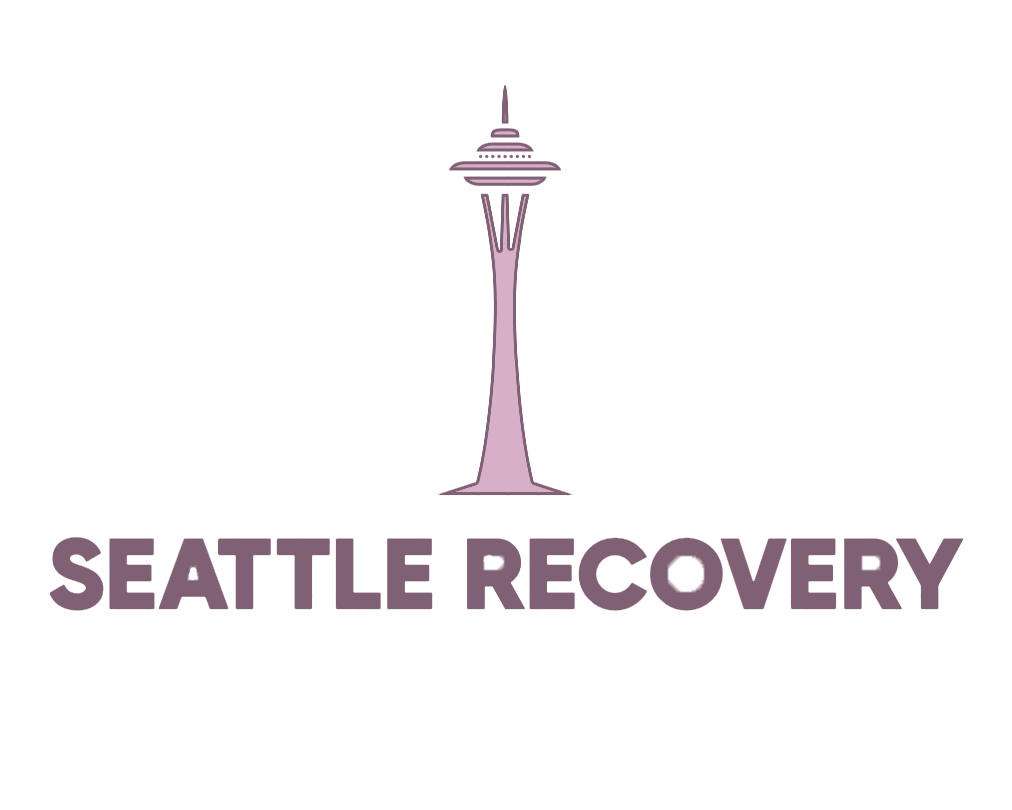What is a Case Management?
Case Management is a collaborative process designed to assess, plan, implement, coordinate, monitor, and evaluate the options and services required to meet an individual’s health and human service needs. It is a holistic approach that involves direct interaction with the client to understand their unique situation, including any challenges and barriers they face. Case managers work closely with individuals to develop a comprehensive plan that addresses both immediate needs and long-term goals. This may involve connecting clients with medical care, housing, employment services, educational opportunities, and other community resources. The ultimate aim of case management is to empower individuals by providing them with the tools and support necessary to achieve self-sufficiency and improve their quality of life. Through ongoing communication and advocacy, case managers ensure that clients receive coordinated care that is tailored to their specific circumstances, promoting efficient use of resources and positive outcomes.
How a Case Management Helps With Addiction
Case management for substance use disorder (SUD) is a comprehensive and collaborative process designed to meet the multifaceted needs of individuals seeking recovery. This approach integrates various services across the spectrum of care, including medical treatment, psychological support, social services, and legal assistance. Case managers work closely with clients to develop personalized treatment plans that address both the immediate challenges of addiction and the underlying factors contributing to SUD. They act as advocates, coordinators, and navigators, helping clients access necessary resources while fostering independence and self-management skills. By maintaining a holistic view of each client’s journey through recovery, case managers play a crucial role in facilitating continuity of care, reducing relapse rates, and ultimately supporting individuals in achieving long-term sobriety and improved quality of life. Through regular assessments and adjustments to treatment plans based on evolving needs, case management ensures that support is dynamic and responsive, truly reflective of the complex nature of substance use disorders.
What a Case Management Can Do For Mental Health Disorders
Case Management in the realm of mental health serves as a crucial bridge connecting individuals with psychiatric conditions to a comprehensive range of services tailored to their unique needs. This holistic approach not only focuses on direct therapeutic interventions but also encompasses assistance in navigating complex healthcare systems, securing stable housing, employment support, and fostering connections with community resources. By adopting a person-centered strategy, case managers work collaboratively with clients to develop personalized care plans that address both immediate challenges and long-term goals. They act as advocates, coordinators, and counselors, ensuring that clients receive coordinated care that is respectful of their preferences and aspirations. Through regular assessment and flexible adaptation of care plans, case management helps individuals achieve greater self-sufficiency and an improved quality of life, demonstrating its indispensability in the continuum of mental health care.
How to get started
We strive to make our services as accessible and affordable as possible. We are proud to say that we accept most major insurance plans, allowing you to utilize your mental health benefits and receive quality care without breaking the bank.
Verify Benefits
CONSULTATION
Schedule a FREE 30 minute CONSULTATION where you can have a chance to meet with a counselor to find out your treatment needs and tour our facility.

EVALUATION
Schedule and complete a drug & alcohol EVALUATION to determine your level of care and appropriate treatment placement.

INTAKE
Schedule an INTAKE appointment once you have received the results from your assessment and begin your treatment program.

Verify Your Insurance With Us
Freeing yourself from Addiction doesn't have to be hard. Take the first Step and begin filling out the form, it's the initial phase in achieving a healthy recovery. We offer the necessary guidance and professional care crucial during the early treatment stages.









